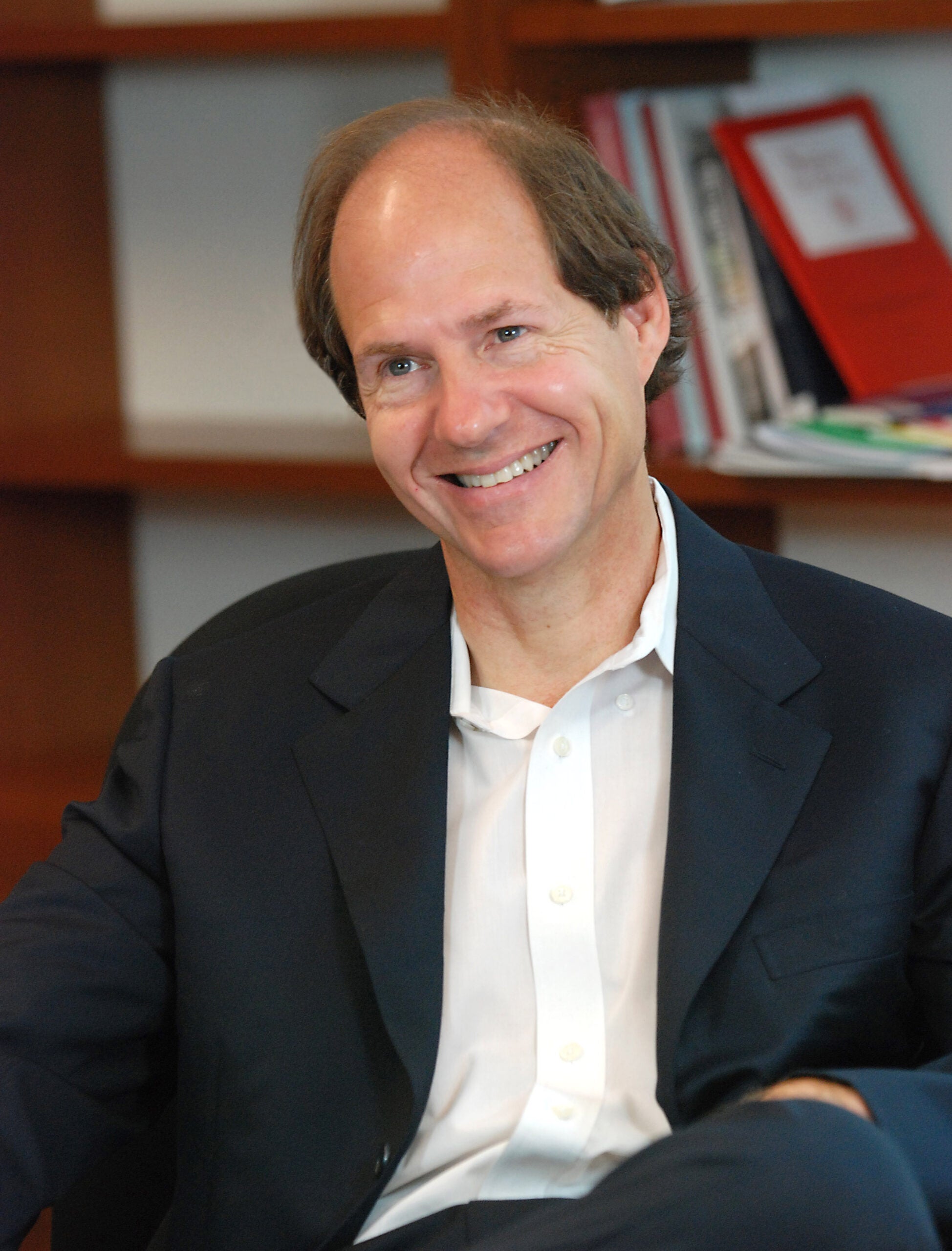The President’s Review Group on Intelligence and Communications Technologies is this year’s recipient of the American Library Association’s James Madison Award. The annual award celebrates an individual or group that has “championed, protected and promoted public access to government information and the public’s right to know at the national level.”
The five-member Review Group, created by President Barack Obama ’91, on August 12, 2013, includes Harvard Law School professor Cass R. Sunstein ‘78, who was administrator of the White House Office of Information and Regulatory Affairs from 2009 to 2012.
The panel also includes Richard Clarke, former member of the National Security Council focused on counterterrorism and cybersecurity; Michael Morell, former deputy director of the Central Intelligence Agency; Geoffrey Stone, professor of law at the University of Chicago; and Peter Swire, a professor in the law and ethics program in the Scheller College of Business at Georgia Tech.
The Review Group presented its findings and 46 recommendations in a report called “Liberty and Security in a Changing World,” and testified before the Senate Committee on the Judiciary on January 14. Sunstein told the committee that their report focused on maintaining the ability of the intelligence community to do what it needed to do, while also maintaining a free and open internet, and managing risk and accountability.
Sunstein, Harvard’s Robert Walmsley University Professor, spoke to the law school community about the work of the Review Group on January 28. Among the group’s chief recommendations, he said, was taking out of government hands the compiling of telephone metadata.
The American Library Association will present the 2014 James Madison Award to the President’s Review Group on March 14 at the Newseum in Washington, D.C.
Last year’s James Madison Award was given to Aaron Swartz, the programmer and activist who took his own life on Jan. 11, 2013 at the age of 26. Swartz had spent the preceding two years fighting federal charges that he violated the Computer Fraud and Abuse Act.
Harvard Law School professor Lawrence Lessig, a friend and mentor of Swartz, has spoken frequently about Swartz’s life and legacy. Shortly after Swartz’s death last year, Lessig marked his appointment as Roy L. Furman Professor of Law and Leadership with a lecture titled “Aaron’s Laws: Law and Justice in a Digital Age.”
